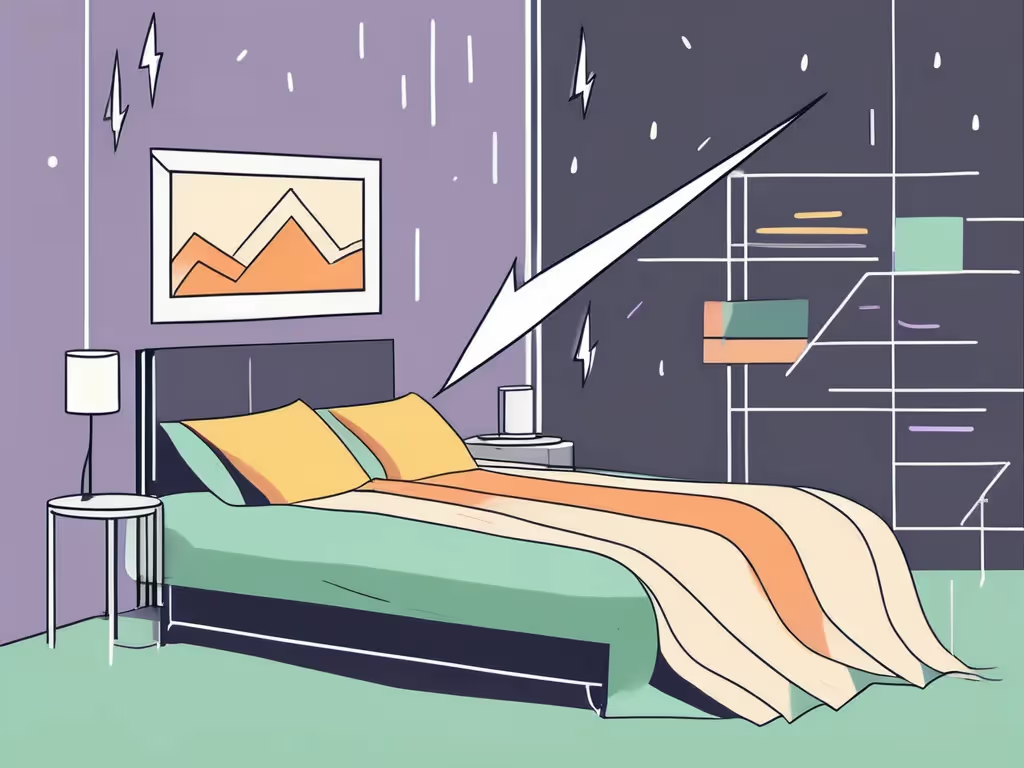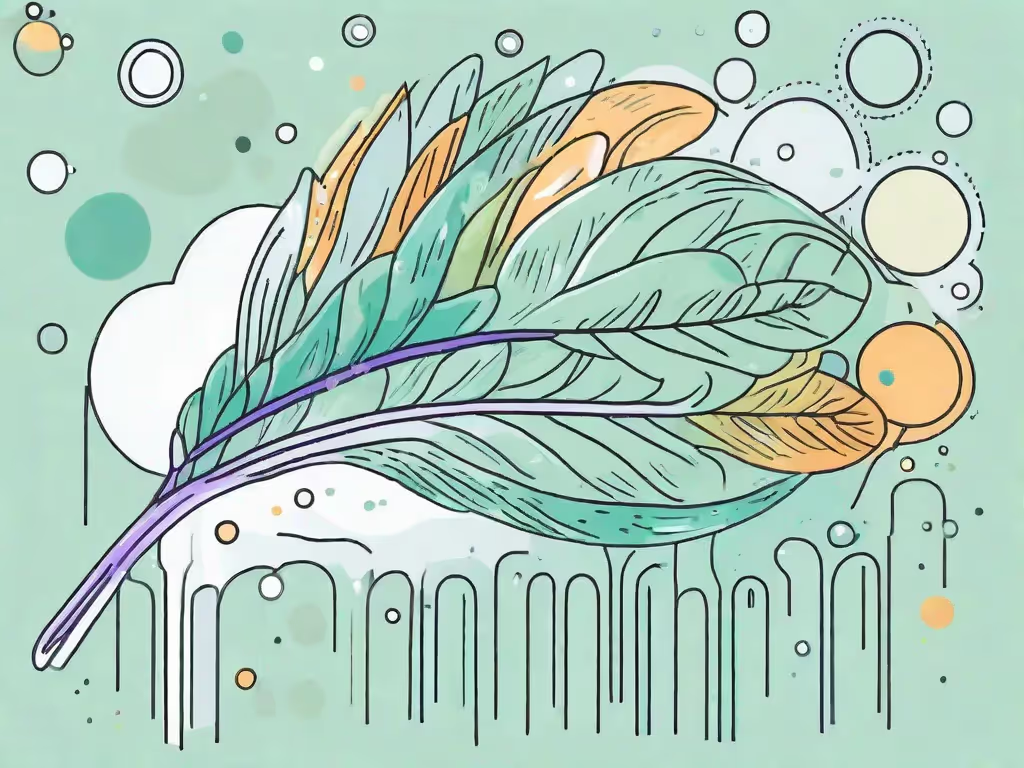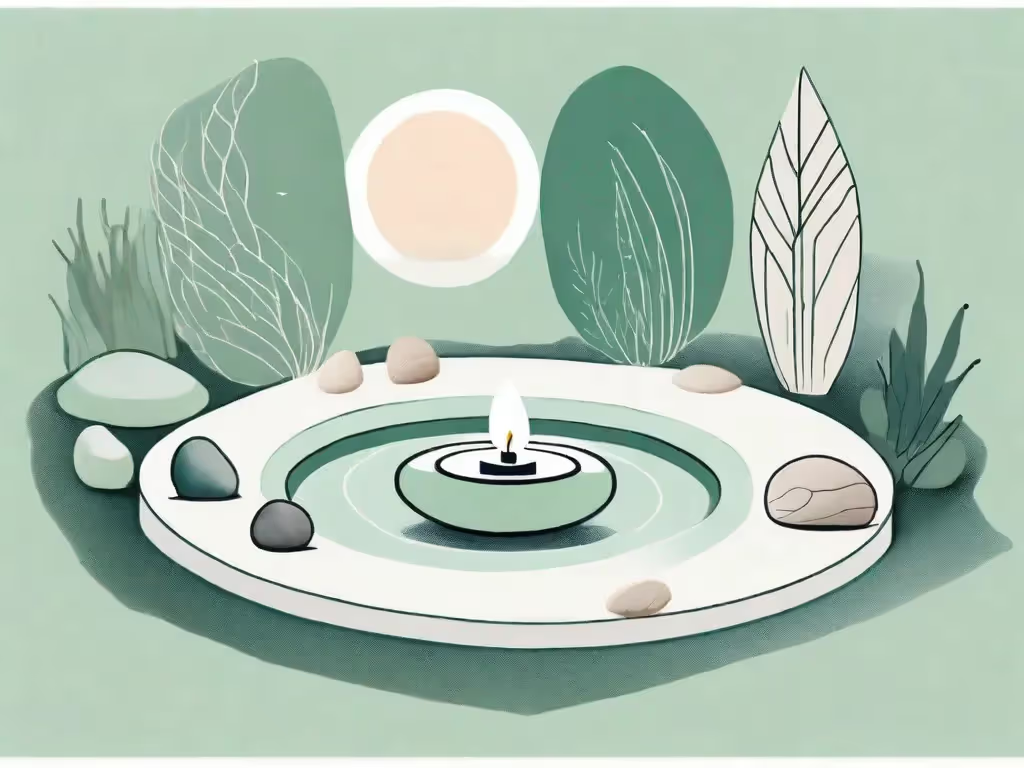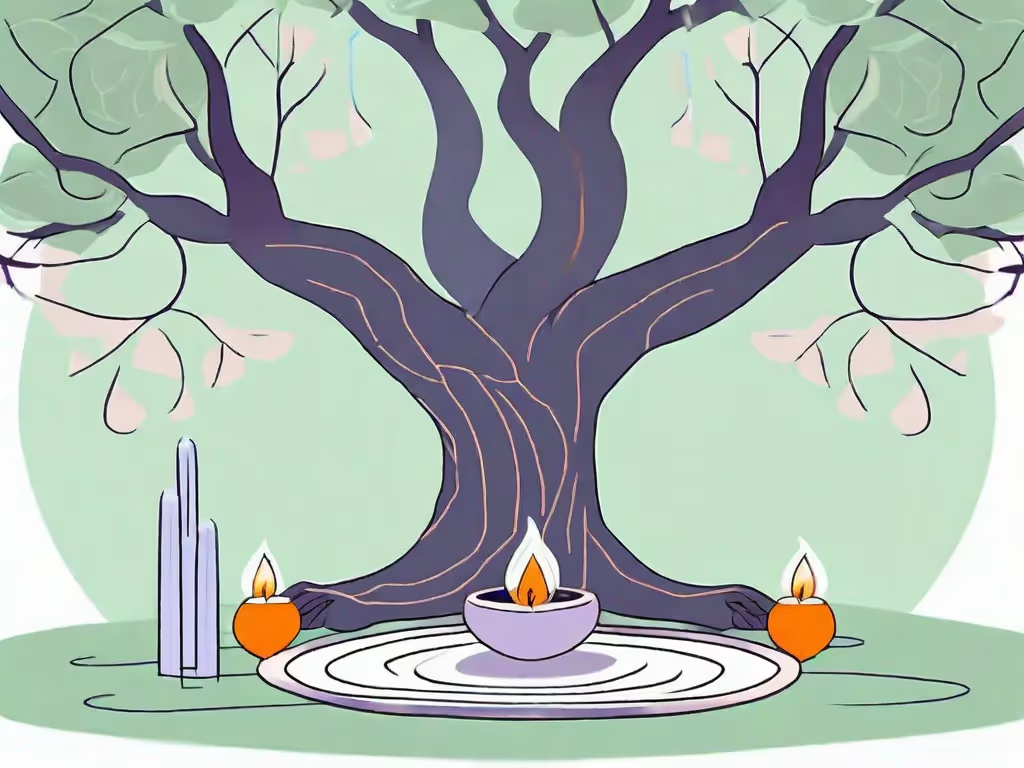Do you ever find yourself sneaking around in the dark, secretly indulging in activities that you wouldn't want anyone else to know about? Perhaps you binge-watch cheesy reality TV shows, eat an entire pint of ice cream in one sitting, or spend hours playing mindless video games. If any of these sound familiar, congratulations – you have a guilty pleasure!
Understanding Guilty Pleasures
Defining Guilty Pleasures
First things first, let's define what exactly a guilty pleasure is. Simply put, it's any activity that you enjoy but feel ashamed or embarrassed about. It could be something as innocent as eating a bowl of Captain Crunch for dinner, or as scandalous as watching reruns of Jersey Shore (no judgement here, we've all been there).
However, guilty pleasures are not always limited to activities that are considered "bad" or "unacceptable" by society. Sometimes, we feel guilty about indulging in activities that are perfectly harmless, simply because they don't align with our self-image or the image we want to project to others. For example, a successful business executive may feel guilty about watching cartoons on Saturday mornings, even though there's nothing inherently wrong with it.
The Psychology Behind Guilty Pleasures
But why do we feel guilty about things that bring us joy? According to psychologists, it's all about societal expectations and cultural norms. We're taught from a young age that certain activities are "acceptable" and others are not, and anything that falls outside of those norms is seen as taboo or weird.
Furthermore, many of us have internalized these societal expectations to the point where we police ourselves and feel guilty for doing things that are not in line with our perceived image. This can lead to a sense of shame or anxiety when we indulge in our guilty pleasures, even if there's no real reason to feel that way.
Common Types of Guilty Pleasures
Of course, guilty pleasures can take many forms. Some people enjoy mindless entertainment, while others indulge in activities that are actually bad for them (such as smoking or drinking too much). Whatever your guilty pleasure may be, the important thing is to recognize it and understand why it makes you feel the way you do.
Some common types of guilty pleasures include:
- Binge-watching TV shows
- Eating junk food
- Playing video games
- Listening to "guilty pleasure" music (such as boy bands or cheesy pop songs)
- Online shopping
- Stalking exes on social media
- Reading trashy novels
While some of these activities may seem harmless, it's important to be aware of the potential negative consequences. For example, binge-watching TV shows can lead to a sedentary lifestyle and lack of exercise, while eating junk food can contribute to health problems such as obesity and heart disease.
However, it's also important to remember that indulging in guilty pleasures can be a form of self-care and stress relief. As long as we're aware of the potential consequences and don't let our guilty pleasures take over our lives, there's nothing wrong with enjoying them from time to time.
Identifying Your Own Guilty Pleasures
Reflecting on Your Interests
Everyone has a guilty pleasure – that one thing they love to do, but feel embarrassed or ashamed to admit. It could be anything from binge-watching reality TV shows to indulging in a pint of ice cream after a long day at work. But why do we feel guilty about these harmless activities?
So how do you identify your own guilty pleasures? Start by reflecting on the things that bring you the most joy. What are your favorite hobbies or activities? What do you do when you have free time? Often, guilty pleasures are things that we do alone, in secret, or when we're feeling stressed or down.
For example, maybe you love to sing along to cheesy pop songs in the shower, but you never tell anyone about it. Or maybe you have a collection of romance novels that you hide in the back of your closet.
Recognizing Patterns in Your Behavior
Another key to identifying your guilty pleasures is by noticing patterns in your behavior. Do you tend to indulge in certain activities at certain times of the day or week? Do you find yourself feeling anxious or uneasy when you can't engage in your guilty pleasure? These are all signs that you may be using the activity as a coping mechanism or escape.
For example, maybe you always watch your favorite TV show when you come home from work, or you always have a glass of wine before bed. These habits may seem harmless, but if you rely on them too much, they can become problematic.
Assessing Emotional Responses to Activities
Lastly, consider how you feel when you engage in your favorite activities. Are you happy and relaxed, or do you feel guilty and ashamed? If it's the latter, ask yourself why – is it because society tells you that it's "bad", or because you genuinely believe it's unhealthy behavior?
It's important to remember that everyone has their own guilty pleasures, and there's nothing wrong with indulging in them from time to time. However, if you find that your guilty pleasure is causing you more stress than pleasure, it may be time to reevaluate your relationship with that activity.
For example, maybe you love to eat fast food, but you feel guilty every time you do. Instead of cutting it out of your life completely, try to find a balance – maybe limit yourself to one fast food meal a week, or try to find healthier alternatives.
Ultimately, identifying and embracing your guilty pleasures can be a liberating experience. So go ahead – indulge in that pint of ice cream, or sing your heart out in the shower. Life is too short to feel guilty about the things that bring us joy.
Embracing Your Guilty Pleasures
Breaking the Stigma Around Guilty Pleasures
Now that you've identified your guilty pleasures, it's time to embrace them! The first step is to break the stigma around them. Remember that there's nothing inherently wrong with indulging in activities that bring you joy, as long as they're not hurting anyone else. Don't let societal expectations dictate what you can and can't enjoy!
For instance, maybe you love to watch reality TV shows or read romance novels. These are often seen as "guilty pleasures" because they're not necessarily high-brow or intellectual. But who says you can't enjoy them? If they make you happy and don't harm anyone else, then go for it! Life is too short to deny yourself the simple pleasures.
It's also worth noting that guilty pleasures can change over time. What you once felt guilty about may become a source of pride or nostalgia. For example, maybe you used to feel embarrassed about your love for boy bands, but now you proudly display your old posters and sing along to their songs with friends.
Finding Balance in Your Life
That being said, it's important to find balance in your life. If your guilty pleasures are starting to interfere with your responsibilities or relationships, it may be time to reassess their role in your life. Consider setting boundaries or limitations to ensure that you're not neglecting other important areas.
For example, if you find yourself staying up late every night to binge-watch your favorite show, but then struggle to wake up for work or school the next day, it may be time to set a limit on how much you watch per night. Or if you're spending all your free time playing video games instead of spending time with loved ones, it may be time to prioritize your relationships and find a healthy balance.
Sharing Your Guilty Pleasures with Others
Lastly, don't be afraid to share your guilty pleasures with others! You never know – you might find that you have more in common with others than you thought. Plus, being vulnerable and honest about our quirks is what makes us human.
Maybe you're hesitant to share your love for a certain band or movie because you're worried others will judge you. But chances are, they have their own guilty pleasures too! By sharing yours, you may inspire others to do the same and create a sense of camaraderie and connection.
And who knows – maybe your guilty pleasure will become a shared interest among friends or family. Maybe you'll discover a new community of like-minded individuals who share your passion. Maybe you'll even inspire someone else to embrace their own guilty pleasures and live a more fulfilling life.
Guilty Pleasures and Mental Health
The Benefits of Indulging in Guilty Pleasures
Believe it or not, indulging in guilty pleasures can actually have mental health benefits. Research shows that allowing ourselves to engage in activities that we enjoy, even if they're not "productive" or "useful", can help reduce stress, boost mood, and improve overall well-being.
When Guilty Pleasures Become Unhealthy
Of course, like with anything in life, there is such a thing as too much of a good thing. If your guilty pleasures start to take over your life or become addictive, it's important to seek help. Whether that means talking to a therapist or joining a support group, there's no shame in seeking professional help when you need it.
Setting Boundaries and Limitations
In the end, the key to finding balance with our guilty pleasures is setting boundaries and limitations. Enjoy them in moderation, be open and honest about them, and don't let anyone make you feel ashamed for indulging in things that bring you happiness. Life is short – enjoy the guilty pleasures!
Aura is Your All In One App for Meditation, Mindfulness Wellbeing
Find peace every day with one app for your whole well-being. There is no one-size-fits-all solution to mental well-being. Aura is the first all-in-one wellness app that learns how to best help you. Discover an endless library of expert-created tracks for your well-being, all taught by the world’s best coaches, therapists, and storytellers. With Aura's personalized recommendations, you can find peace every morning, day and night.



.webp)






.avif)

%20(1).avif)


.avif)
.avif)
.webp)


.avif)


















































































































.avif)

















.svg)









